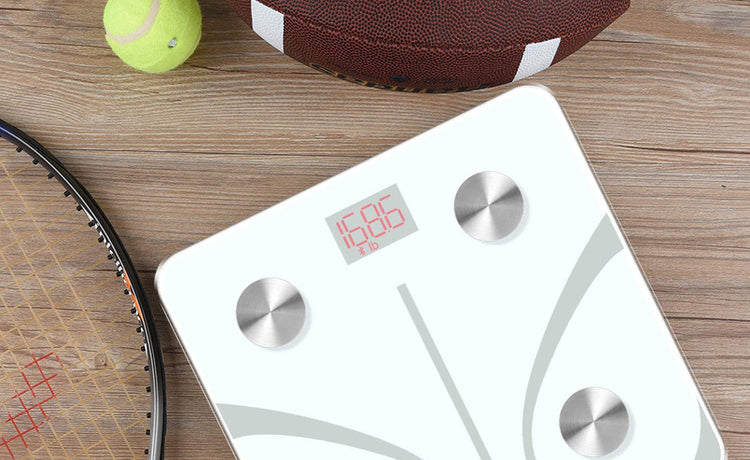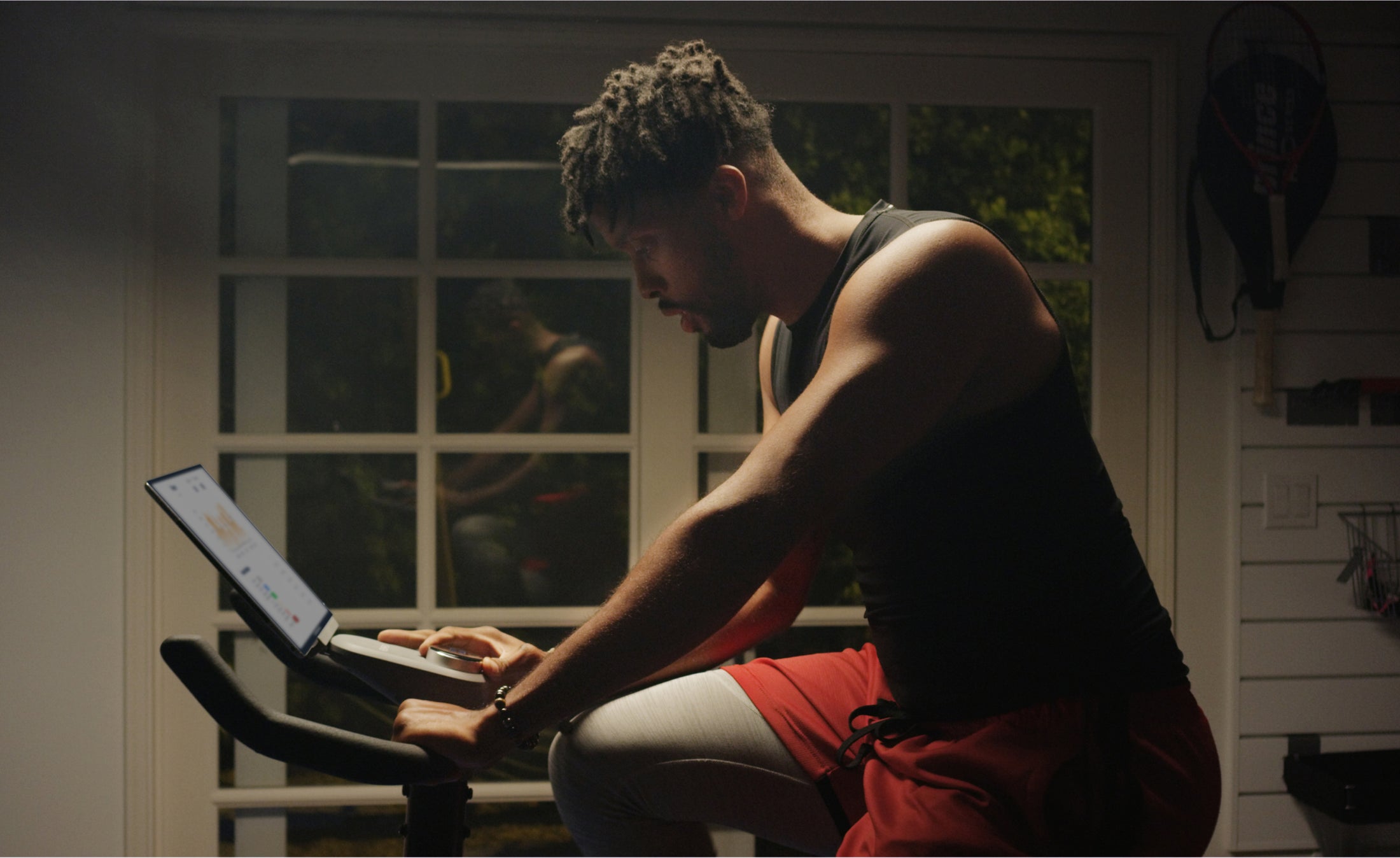Turn Down the Brightness: Digital Detoxification for Inner Peace

Stay tuned to our latest news
“Embrace Your Pace” is more than just a phrase; it is a philosophy for individuals who march to the beat of their own drum. As the seasons transition from the fresh blossoms of April to the sunlit days of June, this ongoing RENPHO series will help to highlight the myriad ways one can embrace a life lived at their own pace.
In the age of hustling, where we work in front of computer screens, phones, or with people face-to-face, there is no doubt that we may feel a disconnect with our personal lives and well-being. The things we may see on social media or the impact of continuously looking at screens can take a toll on our health.
This is where the concept of digital cleansing or digital detox comes into play. According to verywellmind, a digital detox is a period when an individual avoids using forms of tech devices such as smartphones, computers, tablets, and social media sites. This can be seen as a way to focus on real-life interactions rather than those on screens, without the distractions.
Digital detoxification and its effects should not be underestimated, as the constant connection can take a toll on our quality of life and overload our senses. Taking a break from social media apps or some time away from devices can bring more benefits to our health.
The Brightness Overload

With technology being a main part of lives nowadays, it is important to know the effects of digital overload on our health. In a 2022 report, adults in the United States, on average, spend 13 hours and 11 minutes per day on laptops, televisions, gaming devices, and phones.
This huge amount of time spent consuming media through screens is what we call digital overload. It could happen whether a person is watching TV, playing video games, or just being chronically online; making it hard to process the information being taken in, as well as increase the risk of distraction, anxiety, fatigue, and depression.
Digital overload can also stem from:
- Media multitasking: The brain could feel overwhelmed when we use more than one device at a time, such as checking social media while watching YouTube videos. Research suggests that chronic media multitasking can lead to more interference from irrelevant stimuli, resulting in poor performance in task-switching and a reduced ability to filter out unnecessary media.
- Large information consumption: If we absorb too much information daily, our brain needs to break down each of them in a certain amount of time - making it hard to focus on one thing.
- Too much time on devices: Digital burnout can rise from spending too much time on social media or generally online without taking appropriate breaks. If you're in a computer-facing job or if you have been on your phone for hours, it is important to take a break and rest your eyes for a bit.
Research also links frequent technology use or digital overload to impaired emotional and social intelligence, increased attention-deficit symptoms, technology addiction, social isolation, and disrupted sleep.
Starting a Digital Detox?

Detoxifying our digital use may be challenging at first, especially as we use tech devices everyday, at home, at work, in school, and even on simple walks. However, it is possible to go on a digital detox without having to unplug entirely from our devices. How does one start giving up some screen time?
Start by creating your digital detox plan and set realistic goals within the duration of your screen cleanse. You could begin by reducing your screen time and deleting or temporarily disabling social media apps from your gadgets to limit unnecessary distractions.
Once you've reduced your screen time, take occasional (or frequent) breaks throughout the day to engage in mindfulness. Go for a walk, practice deep breathing exercises, or try journaling to foster self-awareness and decrease dependency on technology and social media.
If going completely "off the grid" for a few hours isn't ideal, especially with certain jobs and lifestyles, try putting away your phone during meals to pour your energy into connecting with the people around you
You could also try maintaining digital boundaries, such as having strict limits on when and where to use your gadgets. Designate a certain time each day for tech-free hours, or create a digital-free zone in your home to promote relaxation.
By taking regular breaks from the digital world, we give our minds a chance to rest and rejuvenate. This can result in increased mental clarity, improved focus, and reduced stress levels. Additionally, it allows us to reconnect with our emotions, cultivate mindfulness, and find a sense of inner peace.
Renpho Health Tips
-

Hold Back on the Bite: Finding Balance in Mindful Eating
June 24, 2024
Read more >
-

Making the Process Smoother: Embracing the Journey of Slow Fitness
June 23, 2024
Read more >
-
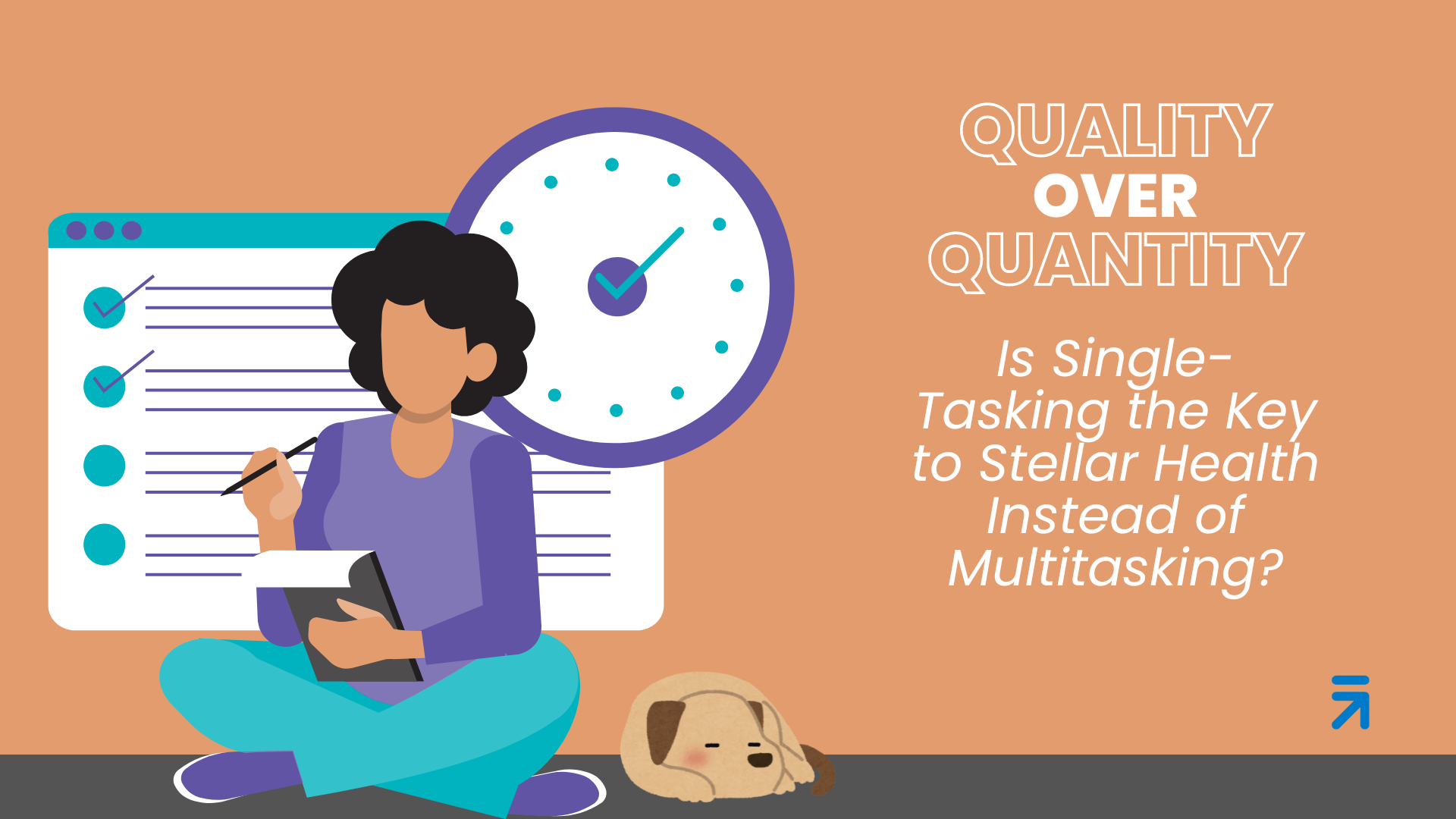
Quality over Quantity: Is Single-Tasking the Key to Stellar Health Instead of Multitasking?
June 18, 2024
Read more >
-
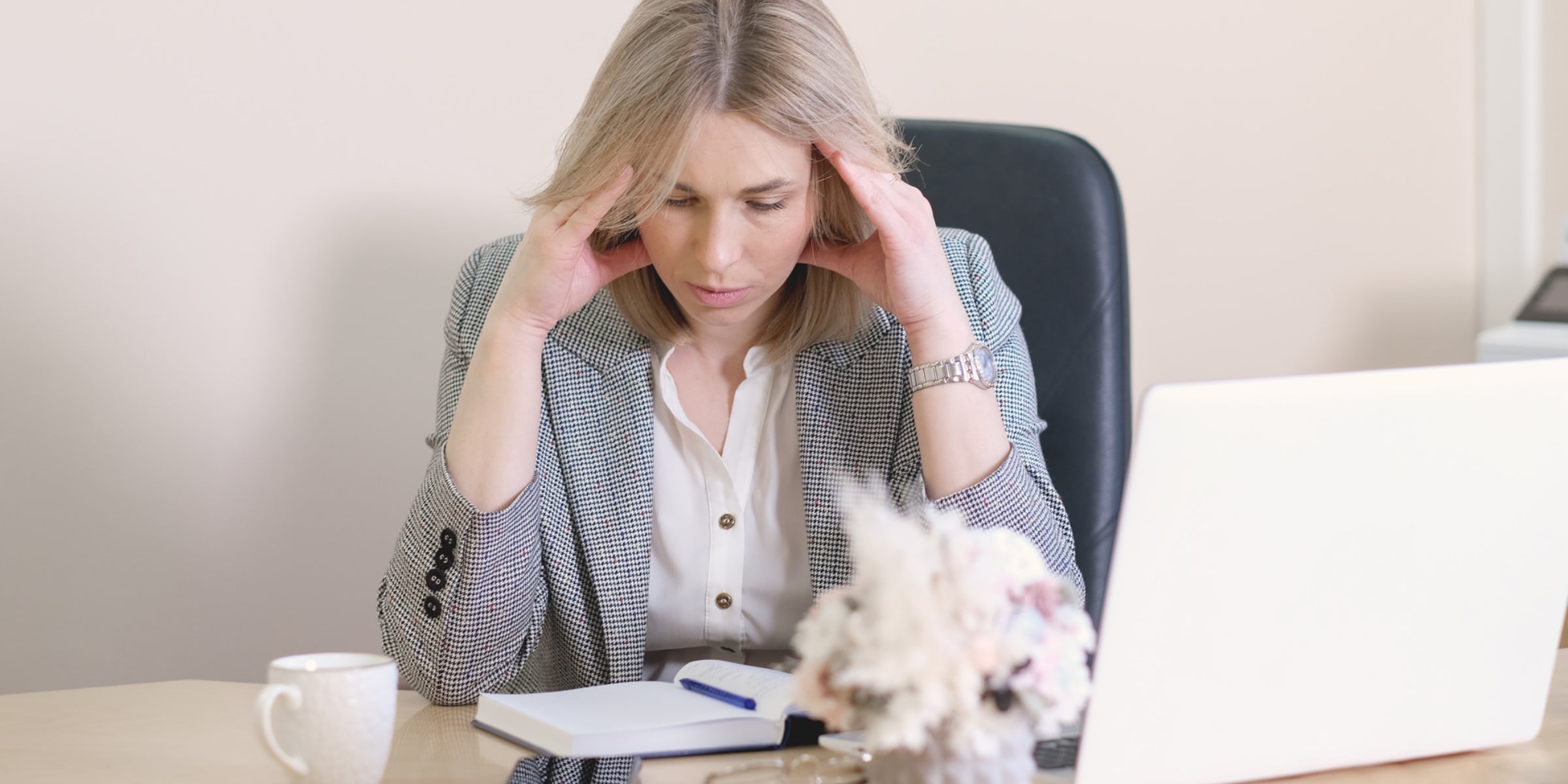
Relief Hacks: The Importance of Keeping a Migraine Diary
June 17, 2024
Read more >
-
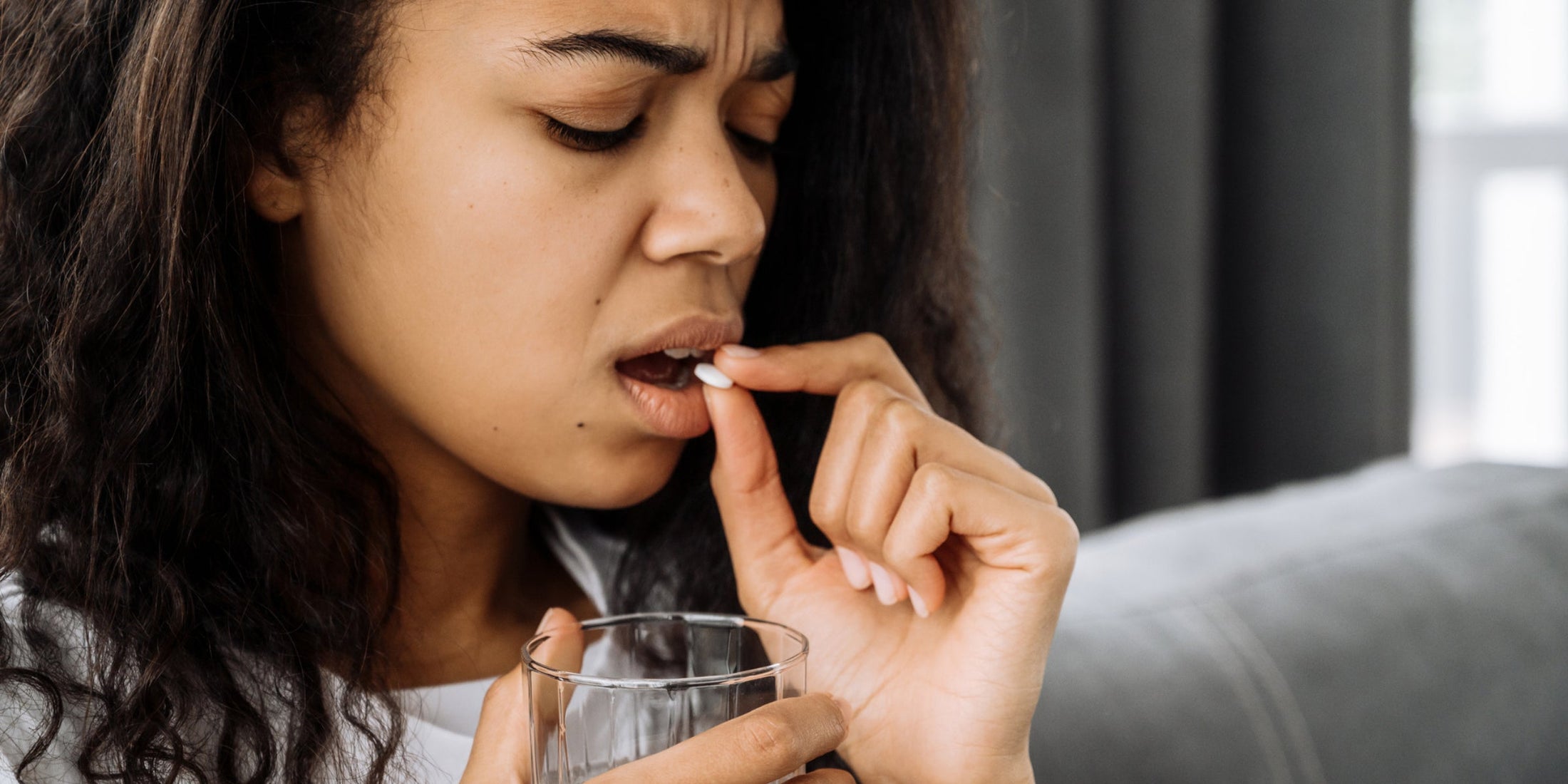
Migraine Management: A Journey Through Natural Migraine Remedies
June 12, 2024
Read more >


